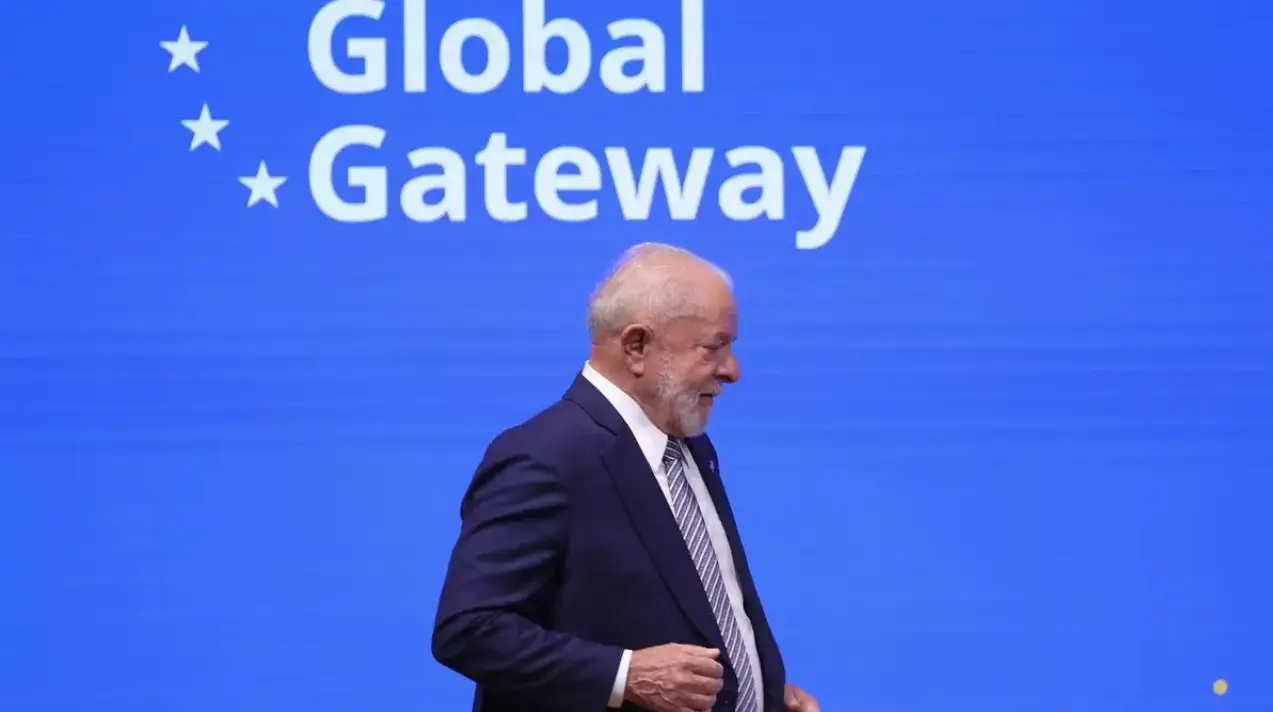Lula’s government is working to reverse the setback of the Brazilian main strategy. Resuming, as expected, Brazil’s protagonism in South and Latin America with a foreign policy that, consistent with its best tradition, has in the peace promotion and the pursuit of sustainable development its two main vectors. This agenda projects the country as a leader of the Global South, in a scenario marked by the multipolar reconfiguration of world geopolitics, with emphasis on the growing dispute among the great powers.
Despite internal criticism of the policy of active non-alignment, since taking office, President Lula has met with more than 50 Heads of State and Government, who have given great relevance to these meetings and have participated in the main world forums, making the broad and ecumenical dialogue one more element of legitimization of his government. For the world, President Lula is the true myth of Brazilian democracy. The opening speech at the last session of the UN General Assembly consecrated the president on a global stage and marked Brazil’s return to major international politics.
In the field of peace promotion, the country’s presence is more symbolic and reputational, considering its weakness in the strategic-military dimension. However, the fact of having a well-structured diplomacy and a fluid and regular relationship with all the countries members of the United Nations system allows Brazil to exercise a mediation in which the main resource is the capacity of persuasion. Despite the media reluctance, the position adopted in the Ukrainian conflict has proved to be the right one so far: the country has discussed with all relevant actors, even counting on the blessings of an iconic personality such as Pope Francis and the sympathies of important countries of the so-called Third World.
The big knot of the Ukrainian issue is that so far the great powers have gained from the conflict, except for Europe as a whole, which has borne the heaviest burden. The United States has gained concrete economic advantages from the invigoration of its military-industrial complex and the conquest of the European energy market: most of the U.S. aid to Ukraine is channeled into its war industry and the war has functioned as an instrument of U.S. energy hegemony in the European economic space.
For China, the war is also convenient. It reinforces Russian dependence on its economy while dissipating NATO’s military energies. As long as NATO is in Ukraine, it will not be in Taiwan, the next geopolitical flash point. That is why Chinese support for Russia will not fail. China has also taken the opportunity to project its foreign policy toward the Middle East and strengthen its presence in Central Asia. The rapprochement between Saudi Arabia and Iran, the return of Syria to the Arab League, the BRICS expansion, and the advance of logistic investments in the new silk routes consolidated its interests in Asia.
Russia, having managed the economic impacts of the sanctions, is now trying to secure the strategic booty represented by the reincorporation of the Donbas regions and the Black Sea coast, whose geopolitical relevance for its maritime projection has been evident since the Crimean War in the 19th century.
Since war is the antithesis of sustainable development, in addition to devastating Ukrainian territory, it has sacrificed the food and energy security of the Global South. Thus, diverting resources that should be channeled primarily toward financing the 2030 Agenda and achieving the Sustainable Development Goals (SDGs), fundamental to reducing social inequalities and tackling the ecological crisis.
In defending its interests on the world stage, Brazil is also expressing the aspirations of this vast periphery. The country needs external partnerships and resources (financial and technological) to promote its re-industrialization, the ecological transition to a green and low-carbon economy, the energy transition to sustainable sources, and the increase in the complexity of its productive fabric and its insertion into the international division of labor. To do so, it needs to maintain its profile as a global player and world trader.
Due to its profile, Brazil must stimulate economic cooperation while working to overcome political antagonisms. The country depends on Russia, from which it imports fertilizers and essential inputs for agribusiness; it depends on commodity exports to China, where its largest trade balance comes from; and it depends on the United States, the second-largest importer, but with a higher value-added agenda. Brazil is interested in accessing markets, technologies, and financing from both the West and Asia. To satisfy its plural interests, the country will have to negotiate its insertion into U.S. nearshoring production chains, as well as diversify its relationship with China, in the context of major global geo-economic transformations.
The skills and delicacy of Brazilian diplomacy will be tested to the limit, as the national interest will require the country to be “cotton wool among crystals” to expand opportunities and manage rising risks while weaving a South-South cooperative leadership that is yet another power resource on this asymmetrical chessboard.
*Translated by Janaína Ruviaro da Silva from the original in Portuguese.











